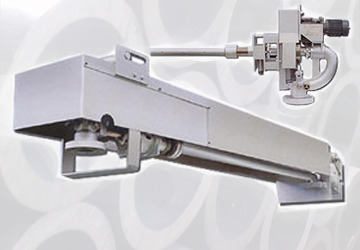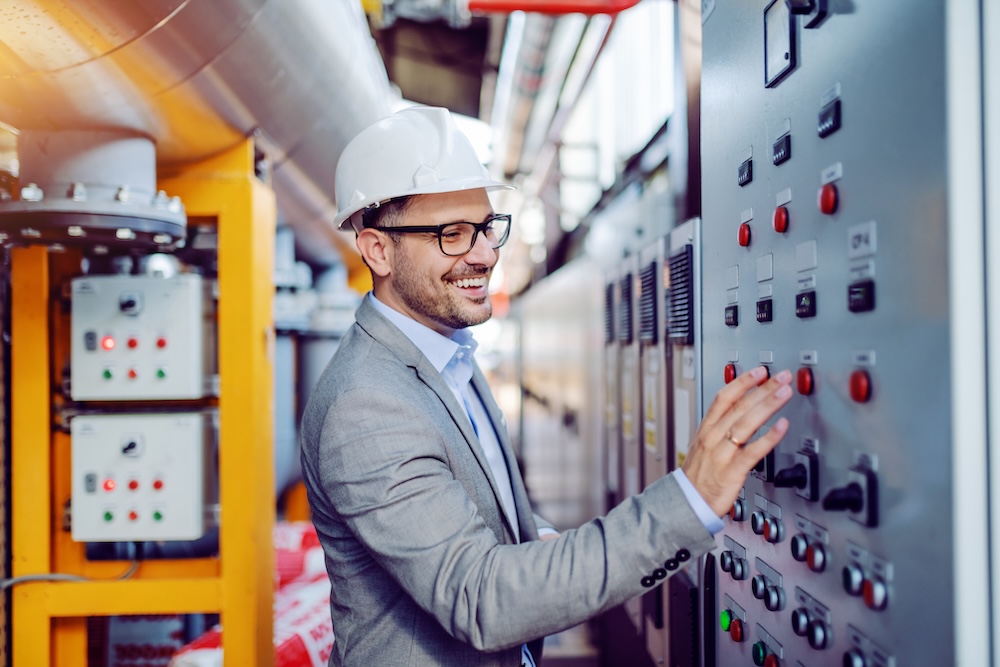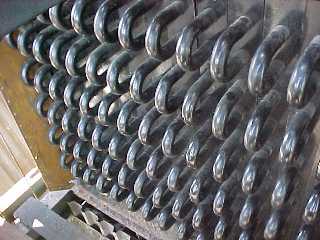It might surprise you to know that there are several different types of industrial boilers, and they work in different ways and are used for various reasons. This is why you might have to choose between a water tube boiler vs fire tube boiler at some point if you need to purchase an industrial boiler.
Industrial boilers are categorized based on the furnace arrangement, referred to as the fireside, and the water tubes are referred to as the water holding volume. The two most prevalent types of boilers are fire tubes and water tubes, and determining which one is best for your company is more complicated than it seems. However, when comparing pricing for similar nameplate steam capacity, there are specific essential considerations to bear in mind.
Flue gases in fire tube boilers are heated in steel tubes immersed in water. There usually are two to four passes where the flue gas changes direction. The arrangement is inverted in water tube boilers. The combustion gases heat the water from the outside rather than within the tubes as it goes through them. Fuel is used to heat water in the steam-generating tubes of the furnace. The water then climbs to the top of the steam drum, where saturated steam is taken from the drum.
Water Tube Boiler vs Fire Tube Boiler Benefits
Let’s look at safety first, as this must be a consideration. Fire tube steam boilers are known to be less reliable and less safe than water tube boilers, which are built to last far longer. Water tube boilers with superheaters boost their efficiency, come in a much larger capacity, handle pressures of up to 5000 psi, and reach very high temperatures.
However, fire tube boilers are not appropriate for pressures beyond 350 psi due to their intrinsic design. Furthermore, the steam output is lower than the nameplate in real-world operation. Water tube boilers are graded based on their actual working circumstances, but fire tube boilers, on the other hand, are often less costly to produce than equivalent-sized water tube boilers; the firesides are easier to clean, and the straight fire tubes are easily replaceable.
Let’s not forget that the water volume of a fire tube boiler and a water tube boiler is vastly different. Because of its higher water volume, the fire tube boiler takes longer to reach operating temperature or pressure from a cold start than a comparably sized water tube boiler. With reduced water volume, a water tube boiler can more accurately follow load fluctuations and has a better overall turndown. However, because of the enormous steam disengaging surface, the fire tube boiler can tolerate a fast upward load spike better after it has reached operational pressure. The disadvantage of this function is that it takes longer to recover once pressure is reduced on the fire tube.
The downside of a water tube boiler is that the capital cost is often more than that of an identical fire tube boiler, and depending on the size, it sometimes needs to be built on-site, which may add to the expenses and timeframe. Unique designs could cater to site space constraints. However, this might increase the project expense.
The complexity of the control systems can be solved by specialized training and suitable degrees of automation, but this comes at an added expense. Automation, however, can increase dependability and provide remote monitoring and troubleshooting solutions that may save capital expenditure while also providing operational savings and improvements in predictive maintenance.
The general guideline is that a fire tube boiler will operate effectively if you have a relatively consistent and stable load that does not change significantly. A water tube boiler is usually a superior solution if you have a fluctuating or swing load. However, as you can see from the differences mentioned above, this may not always be the final decision you make.
Industrial steam boilers come in various forms, sizes, and combinations, and both fire tube and water tube boilers have benefits and drawbacks. This is why it’s always best to consult with an experienced boiler specialist to assess your application requirements, address long-term concerns, and determine the best equipment solution that matches your needs, particularly if you have questions about the idea of a water tube vs fire tube boiler. There will be a solution that works for you, and as long as you research thoroughly, you’re sure to be happy with the results.


